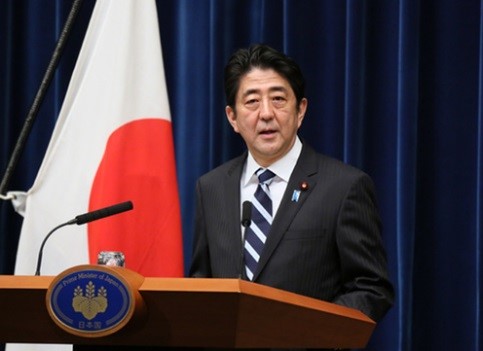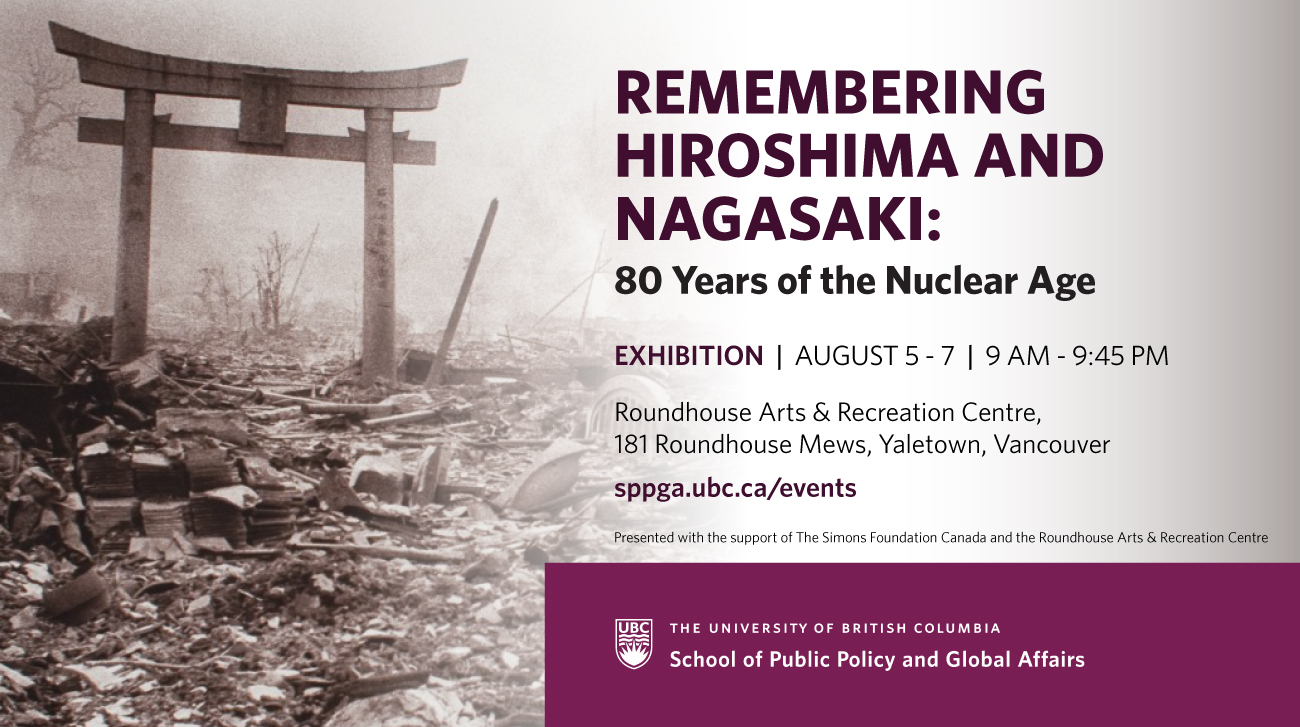The Future of Japan’s National Security and Defense


On July 1, 2014, the Japanese cabinet under Prime Minister Shinzo Abe made a decision to reinterpret article 9 of the Constitution of Japan, which renounced war power and prohibited armed forces in Japan. This is a radical departure from the past interpretation which totally denied the right of collective self-defense and it opened windows for Japan to assert the right of collective self-defense under certain circumstances. What is the background for this reinterpretation? Was this reinterpretation really necessary? Was it constitutional? What will be the likely impacts of this reinterpretation? What will be the future of the national security/national defense policy of Japan? How does this reinterpretation affect other Asian nations?


Left to right:
- Professor Asaho Mizushima, Waseda University, Faculty of Law
- Professor Masayuki Tadokoro, Keio University, Faculty of Law
- Professor Brian Job, University of British Columbia, Department of Political Science and Institute of Asian Research
- Mr. Joseph Caron, Former Ambassador to Japan, Honorary Professor, Institute of Asian Research
Sponsor: Centre for Japanese Research
By: Professor Asaho Mizushima, Waseda University, Faculty of Law; Professor Masayuki Tadokoro, Keio University, Faculty of Law; Professor Brian Job, University of British Columbia, Department of Political Science and Institute of Asian Research; Mr. Joseph Caron, Former Ambassador to Japan, Honorary Professor, Institute of Asian Research
Type: Conference

